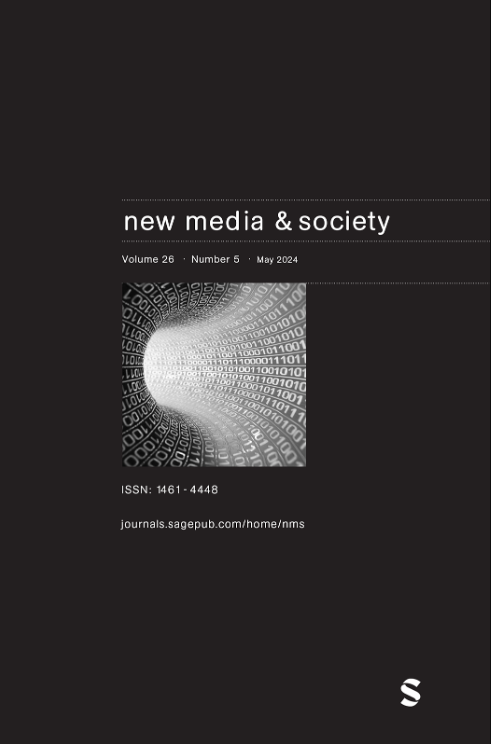通过新闻素养干预防范欺骗:问题介入和参与对法国年轻人假新闻脆弱性的影响
IF 4.3
1区 文学
Q1 COMMUNICATION
引用次数: 0
摘要
在所谓的后真相时代和社交媒体的兴起,新闻传播广泛而迅速,导致信息过载。在这种情况下,经历高度问题参与的个体倾向于更多地参与信息。最近的文献关注的是新闻素养干预措施,以保护人们免受假新闻的侵害。然而,很少有人同时解决这些举措对年轻人易受欺骗的直接和不同影响。通过三个涉及法国本科生的实验,我们证明了基于干预的教育方法可以减轻问题参与对假新闻信仰的影响。然而,从长远来看,它们并不能使个人保护自己,甚至可能因引发信息过载而适得其反。我们的研究有助于调查预防措施,以帮助用户在媒体传播、社交媒体和社交营销中武装自己对抗假新闻。本文章由计算机程序翻译,如有差异,请以英文原文为准。
Guarding against deception through news literacy interventions: Impact of issue involvement and participation on young French adults’ fake news vulnerability
In the so-called post-truth age and the rise of social media, news circulates widely and quickly, leading to information overload. In this context, individuals experiencing high issue involvement tend to engage more with information. Literature has recently focused on news literacy interventions to protect people from fake news. However, few have addressed these initiatives’ immediate and differential effects simultaneously on young adults’ vulnerability to deception. Through three experiments involving undergraduate university students in France, we demonstrate that intervention-based educational methods can mitigate the impact of issue involvement on belief in fake news. Yet, they do not enable individuals to protect themselves in the long run and may even prove counterproductive by triggering information overload. Our study contributes to the research investigating preventive practices to help users arm themselves against fake news in media communication, social media, and social marketing.
求助全文
通过发布文献求助,成功后即可免费获取论文全文。
去求助
来源期刊

New Media & Society
COMMUNICATION-
CiteScore
12.70
自引率
8.00%
发文量
274
期刊介绍:
New Media & Society engages in critical discussions of the key issues arising from the scale and speed of new media development, drawing on a wide range of disciplinary perspectives and on both theoretical and empirical research. The journal includes contributions on: -the individual and the social, the cultural and the political dimensions of new media -the global and local dimensions of the relationship between media and social change -contemporary as well as historical developments -the implications and impacts of, as well as the determinants and obstacles to, media change the relationship between theory, policy and practice.
 求助内容:
求助内容: 应助结果提醒方式:
应助结果提醒方式:


